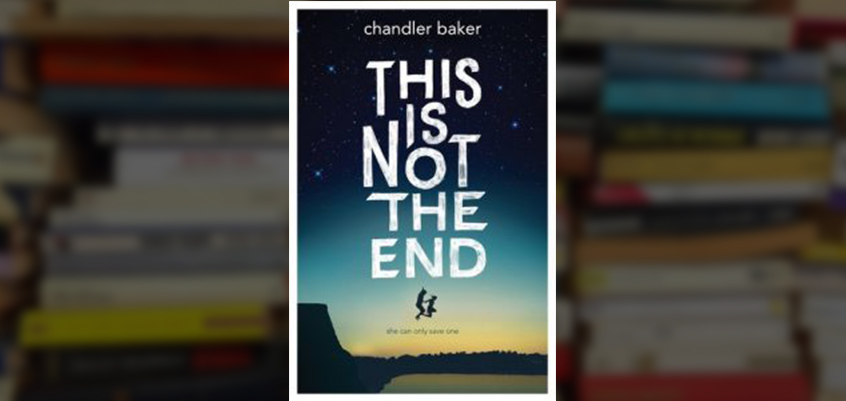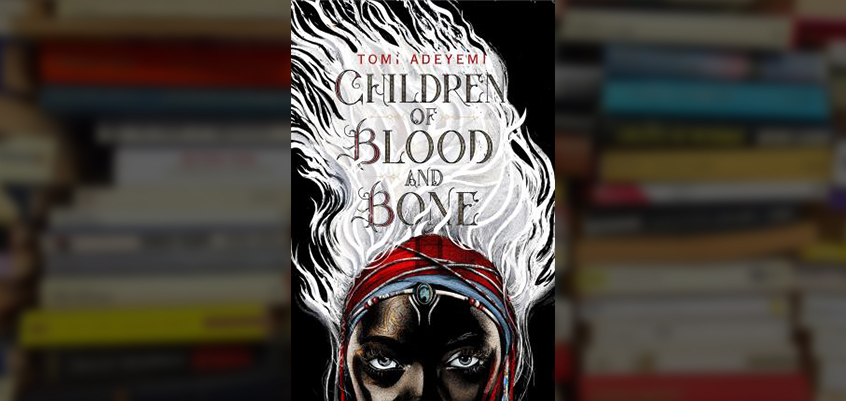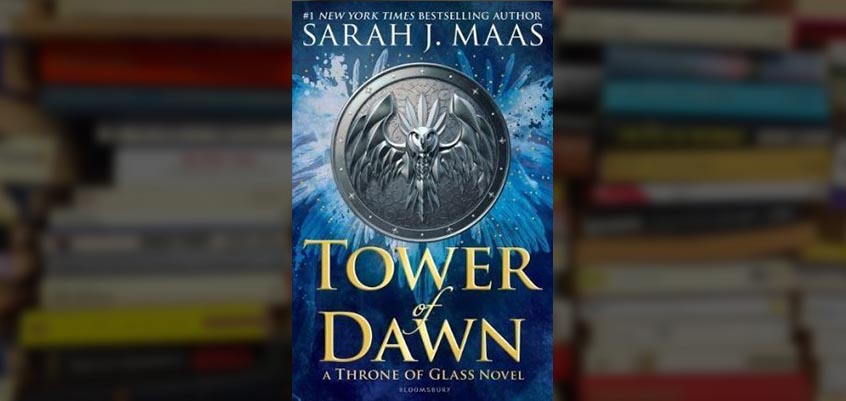★★★★☆
Please Note: This review has some spoilers, because I have a lot of opinions and some of them require mentioning plot points. This book is fairly old at the time of writing, so I don’t feel too bad about including them, but they will all be preceded by “[SPOILERS]” so watch out if you haven’t read the book!
Carry On was a book I always wanted to read but never did. There was always something keeping me from reading it, not the least of which being that I don’t really read Rainbow Rowell’s books. I’m a huge fantasy fan, especially YA, and Rowell’s contemporary books weren’t ever really on my radar. I thought Carry On was contemporary at first, until Tumblr mentioned fantasy aspects and it piqued my interest. Now, it’s a hugely popular book with fans from both contemporary and fantasy readers.
Possibly the biggest issue people take with Carry On is the obvious similarities to Harry Potter. The thing is, these similarities are added on purpose. They allow the reader to slide into this new wizarding school (Watford) where there’s a new Chosen One (Simon) and a new evil (The Humdrum) and new friends and enemies (Penny and Baz) without having to do a huge amount of worldbuilding. Keep in mind that Carry On is a standalone, and it’s already 528 pages. If Rowell started her worldbuilding from scratch, it would be an 800-page book and there would be no plot. Especially since the plot is already mainly character-driven, which isn’t for everyone, I’ll admit.
Some reviewers got too caught-up in the Harry Potter comparisons and expected the plots to be similar, too (they’re not). Some were simultaneously angry that it was too similar and also not similar enough. It was a little confusing to read through some of the reviews.
Overall, in my Harry Potter-obsessed opinion, you’ll only be distracted by the similarities for the first 50 to 100 pages. You’ll think, “Oh, so he’s Dumbledore.” “Oh, so she’s Hermione.” “Oh, so that’s the fifth Harry Potter book.” “Oh, so that’s Draco.” But then, all of the sudden, you’ll stop thinking about it. The story will get interesting and you’ll get more into it and it’ll melt away. It actually helped me get into the story, since I love Harry Potter and also love anything that captures some of its magic for me.
Anyway, onto the actual book. There are some good things: A couple of major characters are POC (one is half Egyptian, another is half Indian). There are a few LGBT characters (more on this later). The “good vs. evil” plot is more nuanced. The world is modern, and the magic system is a little unique and fun. The book doesn’t take itself too seriously, but it’s still immensely fun to read and it definitely gave me a week-long book hangover.
Also, some not-so-great things: Some plot points are just kind of ignored, and the LGBT representation has its amazing moments and also one big pitfall. The rest of this discussion will be full of [SPOILERS] so if you don’t want to see those, skip down to where I say it’s safe!
Okay, so honestly I have two big issues with this book, which is why it gets four stars instead of five. The first issue is that, when everyone finds out The Mage (aka Dumbledore-type-guy) is behind all of this awful stuff, no one seems to really care? Like, everyone just sort of goes on with their lives and doesn’t question it. Also, he may have done awful things, but his politics and ideas weren’t bad (he wanted equal rights and free education for everyone regardless of race, species, or class). But no one says “oh, that guy was bad, but his ideas were okay so maybe we should discuss that.” It’s all sort of swept under the rug and then we fast-forward to Simon and Baz living their normal lives.
My second big-ish issue is that Simon never identifies as bisexual or pansexual or anything other than “not sure if I’m gay.” He is attracted to women (he talks about finding Agatha attractive, and says he thinks Trixie is “cute”) but also is in love with Baz and loves kissing him and presumably doing other things with him. When he kisses Baz, he relents that he never really thought about his sexuality because he was too busy being the Chosen One, which totally makes sense, don’t get me wrong… but there’s the whole rest of the book, including the epilogue, where he could have thought about it more and identified himself — or at least specifically said that he doesn’t want to identify himself. Rather than just saying “Am I gay?” like five times, which reinforces a huge erasure issue in and out of the LGBT community. There are more sexualities than “gay” and “straight” and, as a bi person, I’d really like to see a piece of popular media actually use the word “bisexual” non-ironically. Thanks.
For those interested, this is Rainbow Rowell’s answer to why Simon’s sexuality is so ambiguous, and it’s a decent answer:
“So, for me it’s perfectly OK for Baz to have known for a long time that he’s attracted to men and for Simon to have kind of thought that he was straight and now kind of know that he’s attracted to Baz. I don’t think Simon has to figure it out. I think that if you ask Simon if he was gay or straight, I think he would probably have a hard time answering that and would shy away from answering that. And I think that’s OK. I don’t think that we all have to have that figured out by the time we’re 15 or even 50. We can figure ourselves out in the moment and change and be elastic. Simon wouldn’t say he was gay, he wouldn’t say he was straight. He might say he’s bisexual if he actually put that much thought into it. I think Baz might be the first person Simon has ever been attracted to.”
The above is a totally legitimate and logical answer, and I appreciate the way Rowell talks about sexuality. But my issue is that none of this was ever discussed in the text. If she really wanted this to be obvious, she could have had Simon muse about it — think to himself, “I dunno, maybe I’m bisexual, but I don’t really want to put that much thought into it, I’m going to shy away from this topic because it’s okay for me to not know the answer yet.” Or have him say something like that in answer to a few questions from Penny. Or have Baz think about Simon’s reluctance to label himself. There were definitely ways to include that in the text, and Rowell failed to include it, so the way the text is now just screams bisexual erasure to a first-time reader.
[NO MORE SPOILERS!]
To clarify, I’m not super angry about the above two issues, but they’re definitely something to think about, and it’s good to have some discourse about all books, even (maybe especially?) good ones.
I highly recommend this book to literally anyone, because I think it’s great and it’s now a permanent part of my bookshelf. Four out of five stars from me, though I truly wish I could give it five.
If you want to jump into the conversation, keep an eye out for Fiction Forward’s next episode — it’s going to be all about Carry On!



